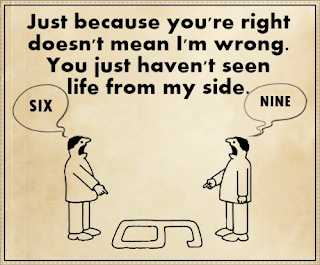“I get so angry when I see people in the store without a mask, or wearing it under their chin, and not following the 6-foot social distancing rules. Sometimes I just want to scream at them to raise their masks and keep their distance. What can I do to get them to do the right thing?”
 |
| Photo credit: Centers for Disease Control |
I hear you. I am consistently amazed at how many people think that the pandemic isn’t as serious as is being reported, that masks don’t work and wearing them is a sign of government control, that the vaccines will change our DNA, and that the number of people dying are made up. It’s hard to wrap my mind around the fact that they think they’re smarter than the science and data that say otherwise.
So where do they come up with these crazy notions?
Someone is repeatedly misinforming them, and they’re choosing to believe what they hear. Just like we choose to believe what we’re hearing repeatedly.
They feel very strongly about what they believe, just as strongly as our beliefs.
But we can’t convince them they’re wrong any more than they can convince us we are.
To answer your question, it’s natural to feel anger when we witness others disrespecting our rights and violating public health mandates, but using that energy in a positive way by following the COVID-19 protocols that the scientists are telling us will slow the spread is the best way to handle it.
Do your part, regardless of what other people are or aren’t doing. We have no control over others…only over what we choose to do.
Stay strong, and stay the course. Herd immunity is on its way.















